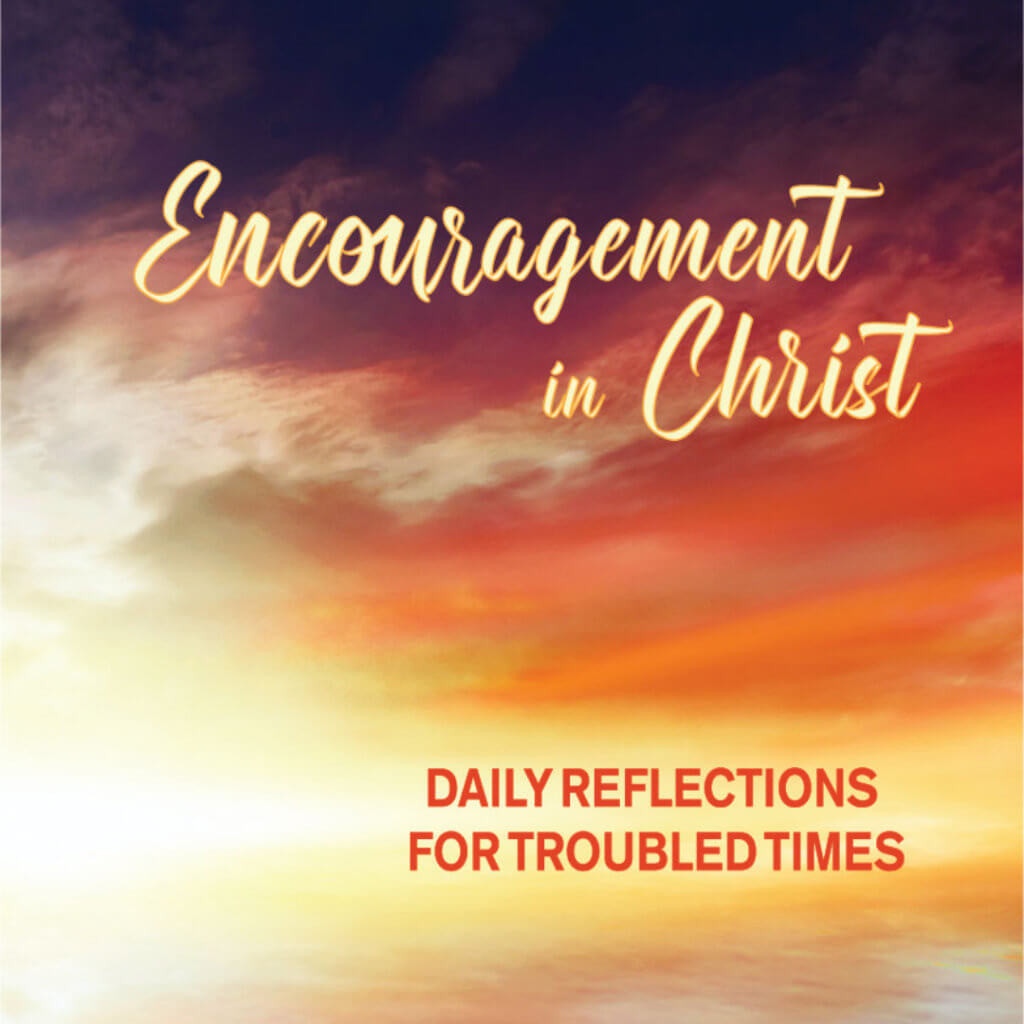It has been noted that we can live 40 days without food, three days without water, and eight minutes without air, but only a second without hope. We desperately need hope to live. But where do people go for hope? Where can you find hope in difficult days?
There is a wonderful scripture that gives hope for today, for coming days, and for eternity. We find that hope, of all places, in a book of the Bible titled “Lamentations”. That is right, there is a whole book of inspired Scripture that is filled with lament, with tears and grief. The book is written by the prophet Jeremiah, known as “The Weeping Prophet”. Jeremiah writes around the year 586 BC as he gazes at the ruins of Jerusalem that had been besieged and then destroyed by the brutal Babylonians. Jeremiah laments for his people and for himself. He is broken. He is so overwhelmed that in Lamentations 3 Jeremiah cries out to God in verses 19 and 20: “The thought of my affliction and my homelessness is wormwood and gall! My soul continually thinks of it and is bowed down within me.” Jeremiah is filled with bitterness and hopelessness for the future. But then, everything changes for him in the next verse: “But this I call to mind, and therefore I have hope: The steadfast love of the LORD never ceases, his mercies never come to an end; they are new every morning; great is your faithfulness.”
Eminent theologian Karl Barth called the little word “but” one of the greatest words in the Bible. The word “but” turns everything on a dime. When Jeremiah was filled with bitterness and hopelessness for the future, he turns everything around with “but”: “But this I call to mind…” And what does he call to mind? “The steadfast love of the LORD never ceases, his mercies never come to an end; they are new every morning; great is your faithfulness.”
Notice what Jeremiah is doing in this prayer as it is a lesson for all of us as we pray. First, Jeremiah honestly acknowledges his feelings; he is feeling bitterness and hopeless about the situation. But Jeremiah does not stop with what he is feeling; he thinks right thoughts, calling to mind the steadfast love of God and His faithfulness. And that is a good model for us as we pray; to acknowledge what we are feeling to God and then to think right thoughts, catching ourselves with admonition to remember what we know is true.
Jeremiah brings himself to remember the Lord’s “steadfast love”, “mercies” and “faithfulness”. The Hebrew word translated “steadfast love” is the great word hesed, meaning, “covenant love”. It speaks of a forever love founded on God’s covenant promise, “I will be your God and you will be my people.”
The Hebrew word translated “mercies” is racham, connected to the word rechem, meaning “womb”. In the Hebrew Scriptures “mercy” denotes “the love of the womb”, or a “mother’s maternal longing” for her child. It is a most tender word denoting God’s mercies for His children that never come to an end. His mercies are truly “new every morning” of our lives. This, then, leads Jeremiah to praise the Lord: “great is your faithfulness.” As Jeremiah weeps he calls God’s faithfulness to mind so that he can say: “therefore I have hope.”
Thomas Obadiah Chisholm was born in a log cabin in Franklin, Kentucky, in 1866. He went to a small country school and became its teacher at age 16. He became a follower of Christ at age 27 and, with no college or seminary training, served as a pastor. While beset by poor health and a meager income, he wrote a poem based on this Lamentations passage, and the song was made into a hymn. Perhaps you know the song, “Great Is Thy Faithfulness.” Rev. Chisholm’s words express the hope we might all gain from “The Weeping Prophet”:
Great is Thy faithfulness.
Great is Thy faithfulness.
Morning by morning, new mercies I see.
All I have needed Thy hand hath provided.
Great is thy faithfulness. Lord unto me.
TAKE AWAY
Name and reflect on the thoughts and feelings today’s reading stirs in you. Take a few moments to talk with God about them.



